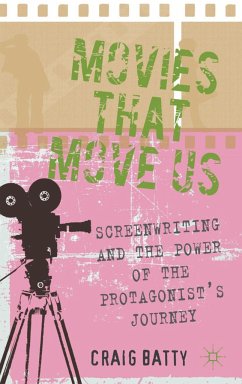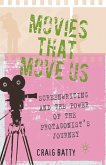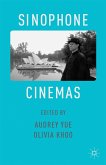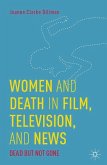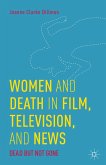From a screenwriting perspective, Batty explores the idea that the protagonist's journey is comprised of two individual yet interwoven threads: the physical journey and the emotional journey. His analysis includes detailed case studies of the films Muriel's Wedding , Little Voice , Cars , Forgetting Sarah Marshall , Sunshine Cleaning and Up.
'Dr Batty is the perfect guide to the world of screenwriting. He knows the narrative journey of a character is also a psychological one - how the outer journey is an inner voyage into the depths of human experience. His great gift is to render this visible. In doing so he provides a guidebook to the inner world of emotions. He shows how screenwriters can take audiences into the core of their being and over the course of 90 minutes return them, transformed and enriched, back to their everyday lives.'
- Luke Hockley, University of Bedfordshire, UK
'In this illuminating synthesis Dr. Batty improves on the Hero's Journey model by tracing the interaction of physical and emotional dimensions in each stage of the adventure, an exercise I wish I'd thought of doing. He brings needed clarity and order to the idea that a good story works on at least two interacting levels and demonstrates his thesis with entertaining examples from popular films. He's made a better map of the countryside of screen storytelling and it will be a useful guide for screenwriters and students of narrative theory alike.'
- Christopher Vogler
- Luke Hockley, University of Bedfordshire, UK
'In this illuminating synthesis Dr. Batty improves on the Hero's Journey model by tracing the interaction of physical and emotional dimensions in each stage of the adventure, an exercise I wish I'd thought of doing. He brings needed clarity and order to the idea that a good story works on at least two interacting levels and demonstrates his thesis with entertaining examples from popular films. He's made a better map of the countryside of screen storytelling and it will be a useful guide for screenwriters and students of narrative theory alike.'
- Christopher Vogler

